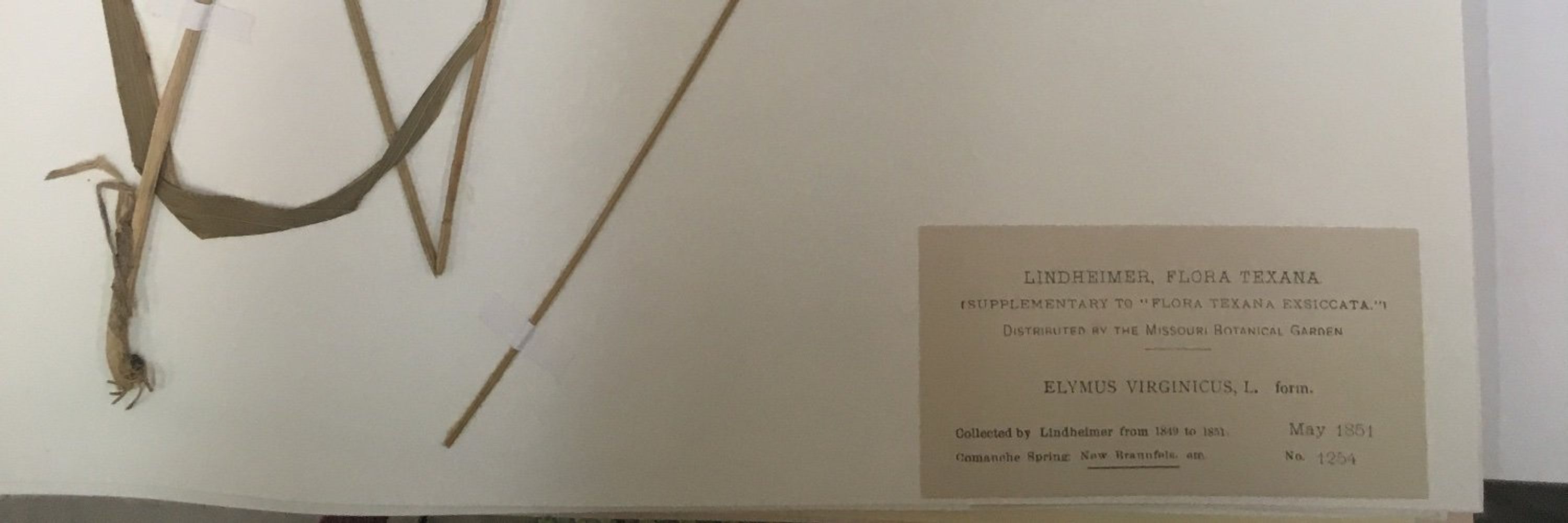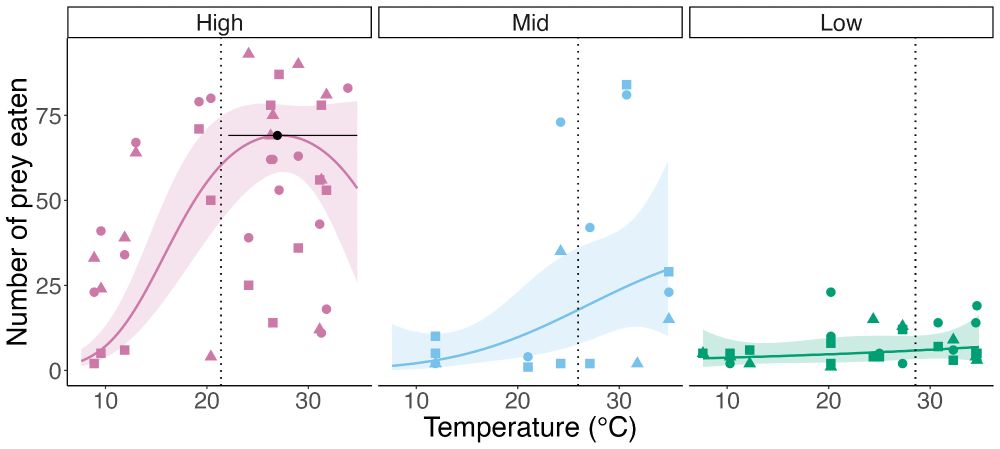Josh Fowler
@joshuacfowler.bsky.social
69 followers
120 following
3 posts
population demography, range limits, mutualism, plants and fungi | postdoc at the University of Miami | He/Him
https://joshuacfowler.github.io/
Posts
Media
Videos
Starter Packs
Reposted by Josh Fowler
Reposted by Josh Fowler
Josh Fowler
@joshuacfowler.bsky.social
· May 20
Josh Fowler
@joshuacfowler.bsky.social
· Apr 22

Florida citrus lands offer hope for habitat recovery
Florida citrus production has been in decline due to widespread citrus greening disease introduced as early as 2004, also known as Huanglongbing (HLB). But is there some lemonade to be
www.midfloridanewspapers.com
Josh Fowler
@joshuacfowler.bsky.social
· Mar 20
Reposted by Josh Fowler
Reposted by Josh Fowler
Amanda Rawstern
@arawstern.bsky.social
· Dec 31

Central Taxa Are Keystone Microbes During Early Succession
For decades, microbiome network theory has predicted that highly connected ‘hub’ taxa act as keystone species that disproportionately affect their communities. However, this has never been empiricall...
doi.org


